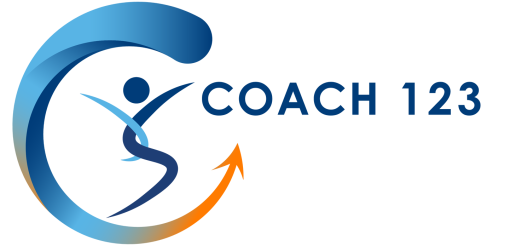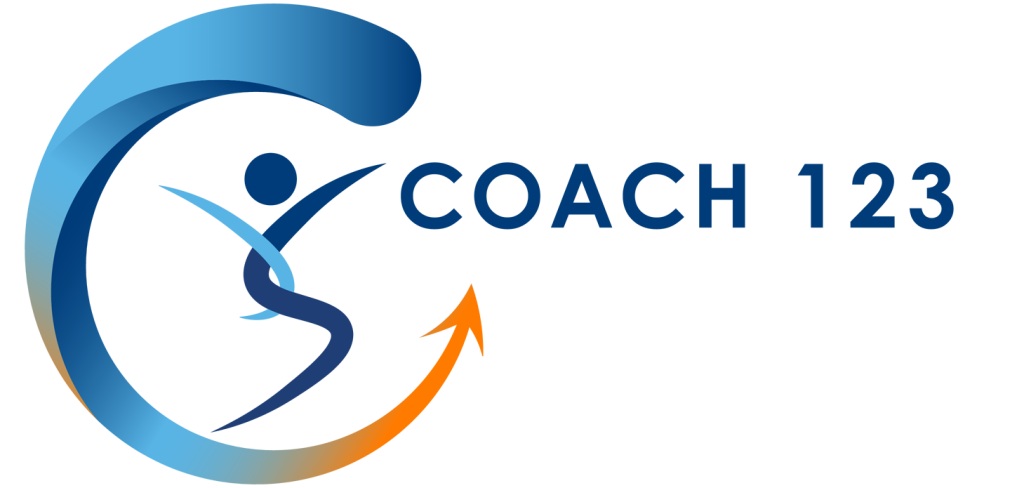How an Experienced Coach Makes a Difference, Part 2
How an Experienced Coach Makes a Difference, Part 2

In the previous blog we explored the difference between doing coaching and being a coach. New coaches and AI typically are doing coaching. An experienced coach is truly being a coach with a coaching mindset, and they serve the whole person of the client in a way that is powerful and positively impacts their long-term meaningful change.
As a partner to a client, the coach is challenging thinking, expanding thinking, and supporting them as they move forward. When being a coach, the focus truly is on serving the client. Being a coach incorporates all the competencies and goes beyond the technical application.
Where a client experiences the difference is their results because when a coach that has advanced to being a coach with the coaching mindset and maintaining presence, they are more effective partnering with the client, so the client is successful. Being a coach does require confidence on the part of the coach. It requires curiosity.
Being a coach is developed through a growth process during coach training and while coaching. While learning and doing coaching, the coach evolves to being a coach. The goal for coaches on the journey is to start with the doing and grow to the being a coach, serving clients in the best way possible.
This brings us to a question, “what’s the difference between a coach being a subject matter expert versus a process expert?” Which one are coaches supposed to be? Coaches are process experts, specifically experts in the coaching process. Coaches may or may not be subject matter experts. Explore that further.
Becoming a process expert in coaching starts with coach training, developing competencies and ethics, and over time, further elevating efficacy to being a coach. Subject matter expertise is based on past education and experience. Whatever subject matter expertise people have, they bring that to the journey of becoming a coach. For example, people in coach training at the Center for Coaching Certification commonly have lots of experience. They have degrees, master level degrees, doctorate level degrees. They’re definitely experts in their career, their profession.
There’s a pro and con to bringing that subject matter expertise into the coaching relationship. On the pro side of being a subject matter expertise, clients will seek a coach that is a subject matter expertise. This is for two reasons. Number one, they may not understand the coaching process and that it isn’t the coach that’s going to have the answers. Number two, even when they do understand the coaching process, they commonly want someone who they think is going to understand their circumstances and what they’re dealing with. Another pro of subject matter expertise is for the coach. It helps define niche, what type of coaching to focus on. Having that niche in turn helps with how a coach promotes their services and even how they market credibility as a coach. When a coach is an SME, a subject matter expert, another advantage is that it gives focus for their learning and further development of expertise. It also means that they gather resources based on that niche area and then have a library of resources available to clients on their website. Most importantly, the biggest pro of subject matter expertise is it can help inform questions. Now, of course, the challenge to this is ensuring that those questions are truly open and curious.
On the con side of being a subject matter expert, clients may expect the coach to tell them, to teach them, to advise. They may expect the coach to give answers instead of supporting their exploration as they find their own answers. Sometimes being an SME, subject matter expert, can limit curiosity because the coaches don’t have to be curious. They may feel they are already aware of and understanding what the client is saying. Similarly, it can limit exploration because the coach knows the answer. Keep in mind, the answer is different for different people. What worked for the coach in one situation at one point in time may or may not be effective for the client at this point in time in their situation. Subject matter expertise can actually hinder if it’s used improperly and it can benefit when it’s used appropriately.
For clients, find a coach that is truly being a coach. Process expertise is essential and being a coach versus doing coaching directly impacts the quality of the coaching and the outcomes. This typically means avoiding AI as coach and finding a coach that has a PCC or MCC credential.











